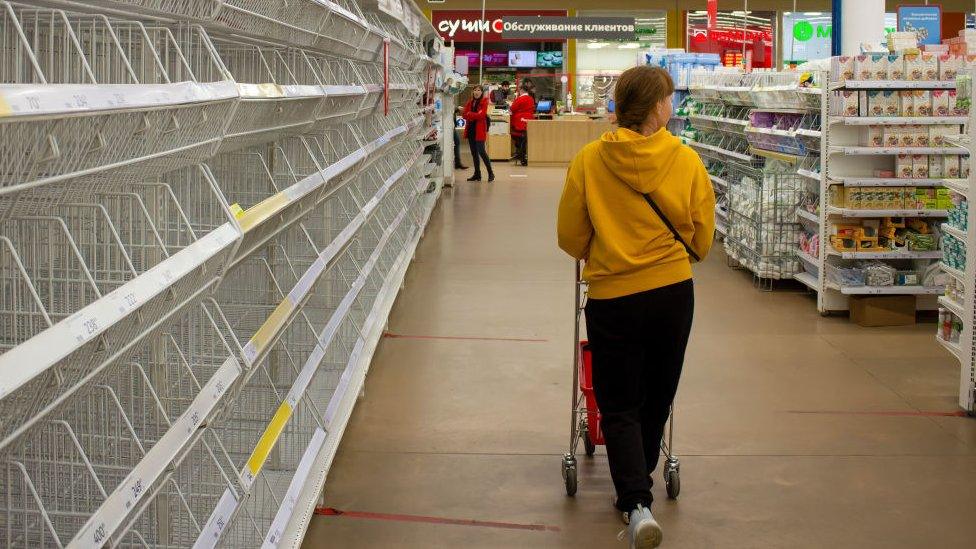Russia says it won't cut off gas supplies yet in rouble payment row
- Published
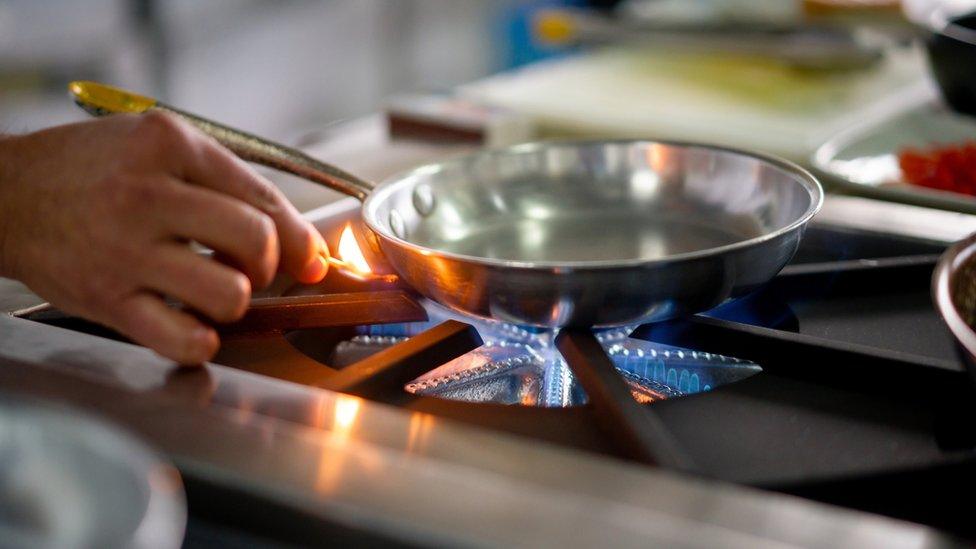
Russia has said it will not cut off gas exports to Europe yet in a standoff over its demand to be paid in roubles.
Russian president Vladimir Putin signed a decree on Thursday stating buyers must pay in roubles through Russian bank accounts from Friday.
The Kremlin said this would not affect shipments which were already paid for, with payments for deliveries after 1 April due in mid-April at the earliest.
The country is seeking to shore up the rouble as Western sanctions bite.
"Does this mean that if there is no confirmation in roubles, then gas supplies will be cut off from 1 April? No, it doesn't, and it doesn't follow from the decree," Kremlin spokesperson Dmitry Peskov said.
The EU said it was talking to energy companies about how to pay for gas.
Ditte Juul Jorgensen, the director general of the European Commission energy directorate, tweeted, external that the EU was "working closely with member states and operators... to establish a common approach on currency payments for gas contracts with Russia".
Since Russia invaded Ukraine Western nations have placed sanctions on Russian companies and individuals.
Unlike the US and Canada, the EU has not placed bans on oil or gas, as its member nations are heavily reliant on it.
Russia supplies the European Union (EU) with about 40% of its gas and a third of its oil imports which are mainly paid for in euros and dollars.
The EU has no easy substitutes if supplies are disrupted, but at the same time, Russia is making €400m (£340m) per day from gas sales to the bloc and it has very few options for rerouting this supply to other markets.
Member states in the EU have been on alert for any disruption to Russian gas imports as tension continues between Russia and the West over the Ukraine invasion.
On Wednesday, Germany and Austria took the first steps towards gas rationing. Germany urged consumers and companies to reduce consumption in anticipation of possible shortages, while Austria said it was tightening its monitoring of the gas market.
A crunch point appeared to be in the offing when Moscow issued a decree on Thursday requiring foreign buyers of Russian gas to open rouble accounts from Friday or else risk being cut-off.
Moscow did, however, offer a mechanism for buyers to obtain roubles via the state-run Gazprombank.
The bank has escaped sanctions from the EU to allow energy trading to continue.
The UK has imposed sanctions on Gazprombank, but imports less than 5% of its gas from Russia.
UK and Dutch wholesale gas prices fell on Friday after the announcement that Russian gas supplies would not be halted immediately.
Westbound flows of Russian gas via major routes were steady on Friday.
'Storm in a teacup'
European experts have said Mr Putin's decree is mainly aimed at shielding Russian energy giant Gazprom from future sanctions.
If Gazprombank collects the money, the EU could not sanction it without cutting gas.
"It amounts to a warning from Putin not to tighten financial sanctions further," said Jeffrey Schott of the Peterson Institute of International Economics think tank.
Jack Sharples of the Oxford Institute for Energy Studies said: "What sounded grandiose has turned into a storm in a teacup.
"By making it the main recipient of money for gas, it puts an extra shield against sanctions around Gazprombank."
One European official said that he believed Mr Putin had demanded the switch to rouble payments to test who would go along with it, but no-one did.
"After the pushback, he is trying to find a system where he could claim that he had won, while in fact something close to the status quo is continuing," the official said.
Related topics
- Published31 March 2022
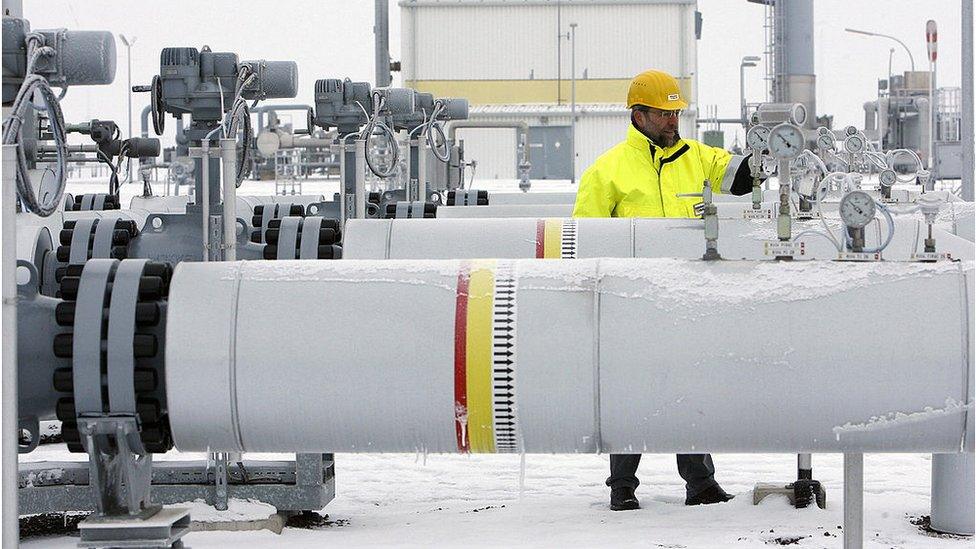
- Published8 March 2022
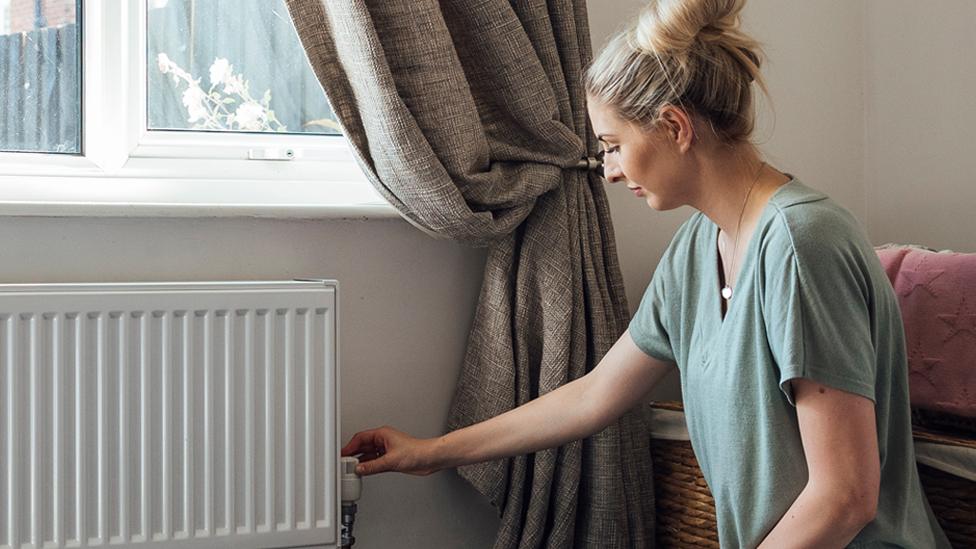
- Published30 March 2022
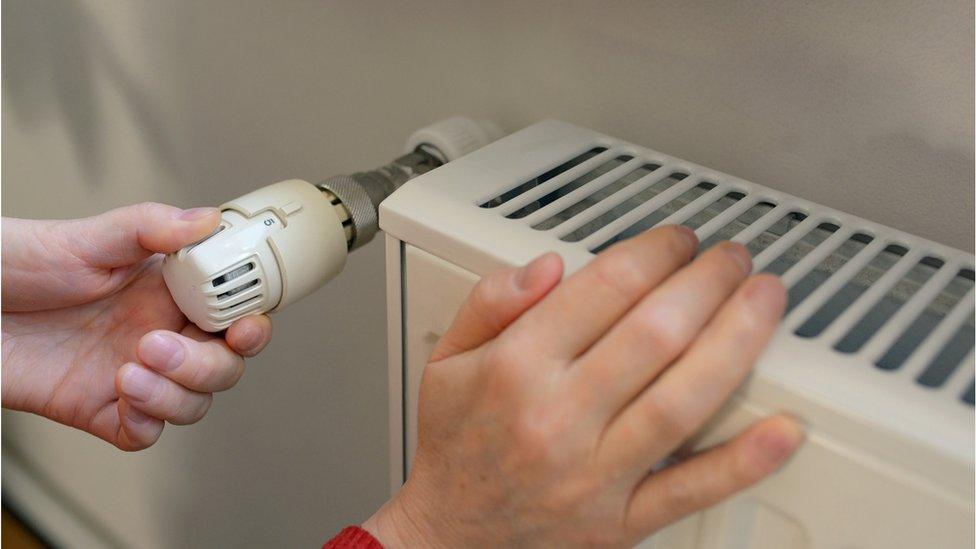
- Published30 March 2022
